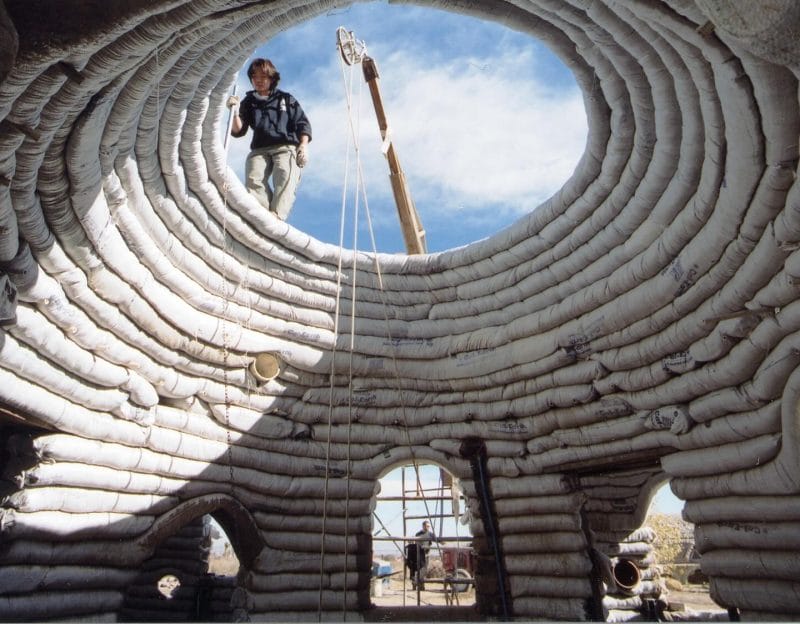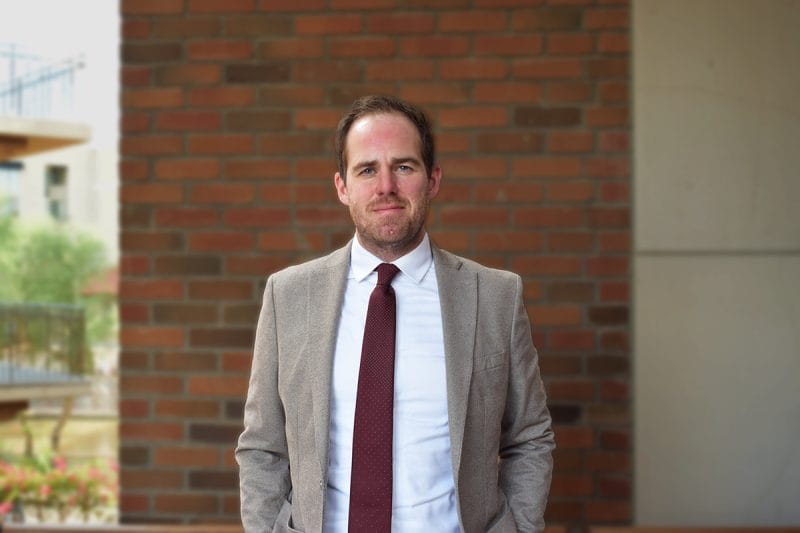By Lisa Martine Jenkins | Latitude Media
Even as demand for renewable energy soars — and is expected to rise further — developers still face major hurdles to getting projects built, a new survey from the Lawrence Berkeley National Laboratory found.
- The top line: Of the utility-scale solar and wind projects that have siting applications, significant shares are being delayed or even canceled, the survey found. Chief among the reasons? Local ordinance or zoning, interconnection difficulties, and community opposition.
- The market grounding: Community opposition to utility-scale renewables has grown in recent years; in 2023 the number of local policies restricting wind and solar development hit a new high of 228. And the industry is feeling that increasing tension: an overwhelming majority of both wind and solar developers said community opposition is simultaneously more frequent and more expensive to confront than it was five years ago.
Demand for renewable energy, and especially for solar, is increasing. According to Wood Mackenzie, the U.S. installed the most solar ever in a single year in 2023 — and the growth is expected to continue, if more slowly, in the coming years.
But for the people actually doing the installing, things are more fraught than demand projections would suggest. The LBNL survey, which included responses from 123 developers of utility-scale projects across 62 companies, found that of the siting applications submitted in the last five years, about half the projects were delayed significantly and roughly a third were canceled.
“At the end of the day, renewable energy developments are just that, developments. All developers face issues if the local community in which they work does not support their project whether it’s a new master plan, community, an industrial facility, or utility scale, solar project. We have been helping developers of all kinds, get their projects approved in local communities for decades, so this type of reactionand the fact that community input is important for renewable energy development is not at all surprising.”
– Court Rich, Rose Law Group Co-founder and Director of Renewable Energy Department








